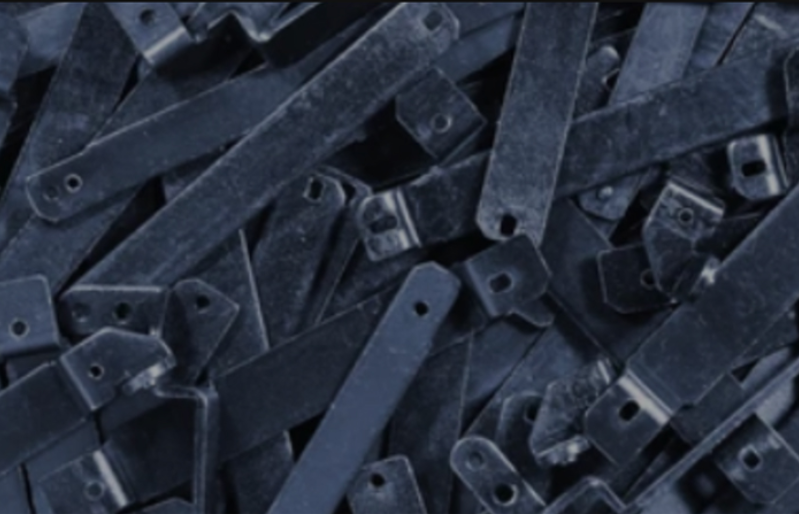Precision manufacturing is a crucial aspect of various industries, including automotive, aerospace, and medical. One of the key techniques used in precision manufacturing is machined casting. This comprehensive guide aims to provide an overview of machined casting, its process, benefits, and applications.
Machined casting refers to the process of creating complex parts by pouring molten metal into a mold and allowing it to solidify. Once solidified, the casting is then machined to achieve the desired shape and dimensions. Machined casting offers several advantages over other manufacturing processes, such as cost-effectiveness, the ability to produce intricate designs, and the versatility to work with a wide range of materials.
The process of machined casting begins with the creation of a mold. The mold is typically made of sand, ceramic, or metal and is designed to replicate the desired part. The molten metal, which can be aluminum, iron, steel, or various alloys, is then poured into the mold through a runner system. The molten metal fills the cavity of the mold and is left to cool and solidify.
Once the casting has solidified, it is removed from the mold and undergoes machining operations to achieve the final shape, dimensions, and surface finish. Machining processes involved in machined casting include milling, turning, drilling, and grinding. These operations are carried out using specialized tools and machinery to ensure precision and accuracy.
Machined casting offers numerous benefits that make it a preferred choice in precision manufacturing. Firstly, it allows for the production of complex geometries that would be difficult or costly to achieve through other manufacturing methods. The ability to create intricate designs makes machined casting suitable for producing parts with intricate features, such as turbine blades or engine components.
Secondly, machined casting offers excellent dimensional accuracy and repeatability. The use of high-quality molds and advanced machining techniques ensures that the final parts meet the required specifications consistently. This level of precision is crucial in industries where even the slightest deviation can impact performance and safety.

Another advantage of machined casting is its cost-effectiveness. Compared to other manufacturing processes, such as CNC machining or additive manufacturing, machined casting can produce parts at a lower cost per unit. This cost advantage is especially significant for large-scale production runs, where economies of scale come into play.
Additionally, machined casting allows for the use of a wide variety of materials. Different metals and alloys can be used depending on the requirements of the specific application. For example, aluminum castings are commonly used in the automotive industry due to their lightweight properties, while steel castings are preferred in heavy machinery applications due to their strength and durability.

Machined casting finds applications in various industries and sectors. In the automotive industry, it is used to produce engine blocks, cylinder heads, and transmission components. In aerospace, machined castings are utilized in the manufacturing of aircraft engine parts, landing gear components, and structural elements. The medical industry also benefits from machined casting, using it to produce implants, prosthetics, and surgical instruments.
In conclusion, machined casting is a vital technique in precision manufacturing. Its ability to create complex parts, excellent dimensional accuracy, cost-effectiveness, and versatility make it a preferred choice in various industries. As technology continues to advance, machined casting techniques will likely evolve, further enhancing its capabilities and widening its range of applications.
-

- parts&comopnents for bicycle suspension fork for MTB
-

- Magnesiumseoksesta valmistetut pyörän osat ja komponentit lasten työntöpyörään
-

- Customized foundry products high precision die-casting parts for e-bike integrated frame
-

- Magnesium-alumiiniseos painevaluosat Ketjunsuojus autoihin
-

- Magnesium alloy Thixomolding power batter housing
-

- Kannettavan tietokoneen kotelon kansi C

 0086-750-5616188
0086-750-5616188 +86 13392089688
+86 13392089688 sales@zhongmei-tech.com
sales@zhongmei-tech.com







